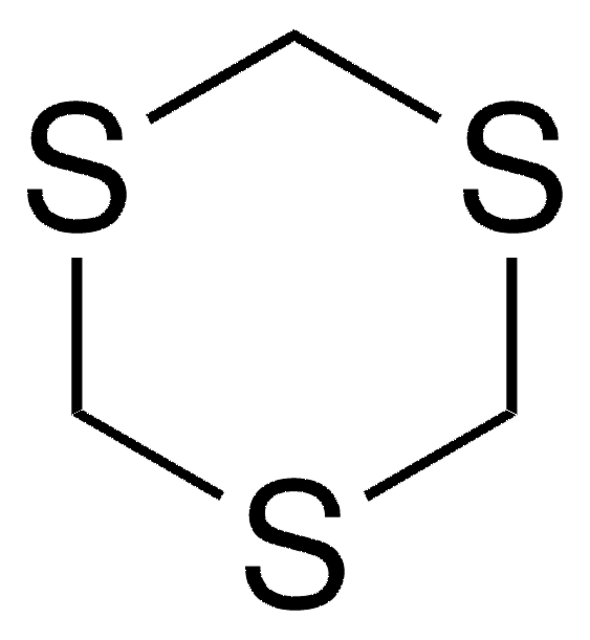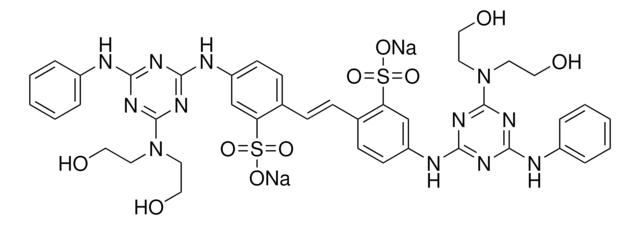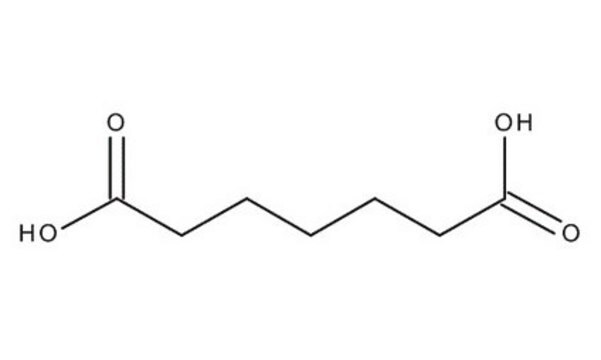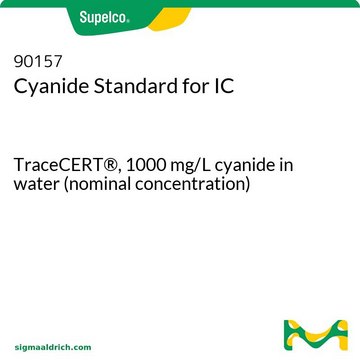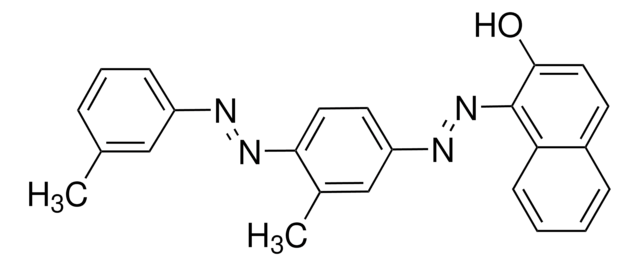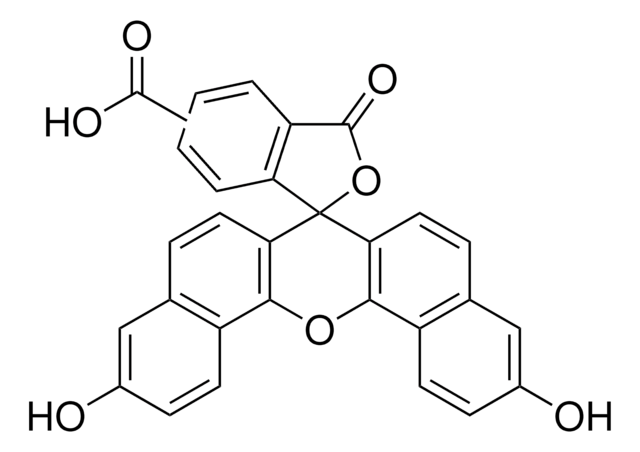おすすめの製品
無菌性
Filtered sterilized solution
フォーム
aqueous solution
分子量
~24.1 kDa
包装
pkg of 2.5 mg
濃度
0.5 mg/mL protein
テクニック
cell culture | mammalian: suitable
結合特異性
Receptor: Syndecan-1, -4
Domain: α1 LG4 - AG73
Binding Motif: RKRLQVQLSIRT
輸送温度
ambient
保管温度
2-8°C
アプリケーション
特徴および利点
- Biochemically-defined, animal-free cell culture surfaces designed to enhance cell performance
- MAPTrix™ produces a uniform ECM surface that provides a highly controlled 2D extracellular microenvironment for cell cultures and related applications
- Adhesion properties of the mussel adhesive protein makes the coating reproducible & reliable
法的情報
保管分類コード
10 - Combustible liquids
引火点(°F)
Not applicable
引火点(℃)
Not applicable
適用法令
試験研究用途を考慮した関連法令を主に挙げております。化学物質以外については、一部の情報のみ提供しています。 製品を安全かつ合法的に使用することは、使用者の義務です。最新情報により修正される場合があります。WEBの反映には時間を要することがあるため、適宜SDSをご参照ください。
Jan Code
162322K-2.5MG:
最新バージョンのいずれかを選択してください:
資料
Extracellular matrix proteins such as laminin, collagen, and fibronectin can be used as cell attachment substrates in cell culture.
Extracellular matrix proteins such as laminin, collagen, and fibronectin can be used as cell attachment substrates in cell culture.
ライフサイエンス、有機合成、材料科学、クロマトグラフィー、分析など、あらゆる分野の研究に経験のあるメンバーがおります。.
製品に関するお問い合わせはこちら(テクニカルサービス)
